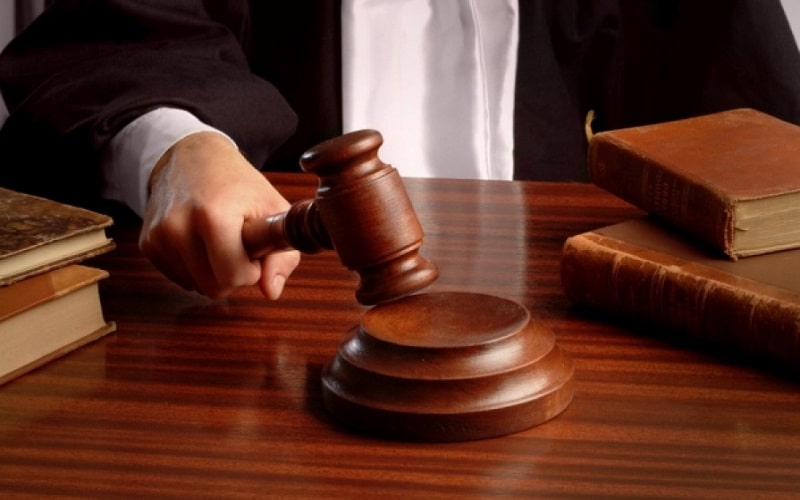Corrupt Iran judiciary, the leverage of oppressing Iranian people
Iran judiciary embedded in the rule of the fundamentalist mullahs is a typical example of a body which blatantly acts in contradiction to the international norms.
In 1748, Montesquieu enunciated the theory of separation of powers, which suggests that the three branches of a government must be independent. This theory is implemented in many constitutions throughout the world, and even despotic rulers pretend not to violate it.
“There is no greater tyranny than that which is perpetrated under the shield of the law and in the name of justice” Montesquieu
But all the heads of the three organs branches of the government in Iran are directly or indirectly appointed by the Supreme Leader and perform under his control to preserve his power over the people.
The suppressive system apparatus in Iran includes Basij forces, IRGC, intelligence organs, judicial organs, media and the propaganda machinery, as well as the plainclothes.
Iran judiciary system plays a unique role in legitimizing and justifying the rulers’ crimes and policies.
Iran judiciary has been responsible for compiling legal cases against political opponents under vague charges such as “Corruption on the earth”, “Moharabeh (waging war) against God ” and “hypocrisy”, mainly aiming the regime’s main opposition group, the People’s Mojahedin Organization of Iran. The accusations are followed by verdicts ranging from fines to execution, public hanging, limbs amputation, eye gouging, stoning, lashing and other inhumane punishments.
The sentences by the Iran judiciary are harsh to create an atmosphere of fear to control opponents.
Recently, the head of Iran judiciary in Kohgiluyeh and Boyer Ahmad province, announced that six defendants affiliated to the Peoples’ Mojahedin Organization of Iran (PMOI/MEK) were “sentenced to imprisonment and exile from 8 to 18 years” on the charge of writing slogans, blasphemy and burning “propaganda banners with the images of national and religious figures on them”. The punishments do not match the accusations, but one must consider the fact that the decrees are more political rather than judicial.
Just about two weeks after the start of a series of nationwide protests in last January, the deputy head of Iran judiciary, called for ‘Maximum Penalty’ for protest leaders.
The regime’s Islamic Revolutionary Guards Corps is known as one of the main culprits of destroying Iran’s natural environment. The environmentalists from the Persian Wildlife Heritage Foundation were arrested while researching about the environmental damages. Then one died in prison, and five were charged with “corruption on earth” by Iran judiciary, a serious accusation that can lead to death penalty.
The deprived strata of Iran who protests against dire economic conditions, particularly teachers and truck drivers, are not secure of the Iran judiciary’s crackdown.
In this regard, the international community received a “deep shock” over the demand of the prosecutor general of Iran judiciary in Qazvin province; to execute 17 detained truck drivers arrested during their strikes.
Iranian teachers who live below the poverty line, face arrests and prison sentences/imprisonments by the Iran judiciary, while they demand their rights for a respectable living.
For its expansionist foreign policy, the regime needs and enjoys the cooperation of the Iran judiciary. Iran regime has a dark record of taking the western citizens and dual nationalities, who visit Iran, as hostages. In these cases, Iran judiciary builds the legal cases against the detainees, and then, the hostages will be swapped for financial concessions or for releasing the regime agents who have been arrested in other countries for wrongdoings.
As the regime is engulfed in bribery, cronyism, kleptocracy, nepotism and corruption, there is no solution to the Iranian dire situation, but changing the regime.
The Iranian people have dreamed of an independent judiciary from the time of the Constitutional Revolution.
Mrs. Maryam Rajavi, the president-elect of the Iranian resistance, in her 10-point plan for Iran of tomorrow, stipulates: “We believe in the rule of law and justice. We want to set up a modern judicial system based on the principles of presumption of innocence, the right to defense, effective judicial protection and the right to be tried in a public court. We also seek the total independence of judges. The mullahs’ Sharia law will be abolished.”
